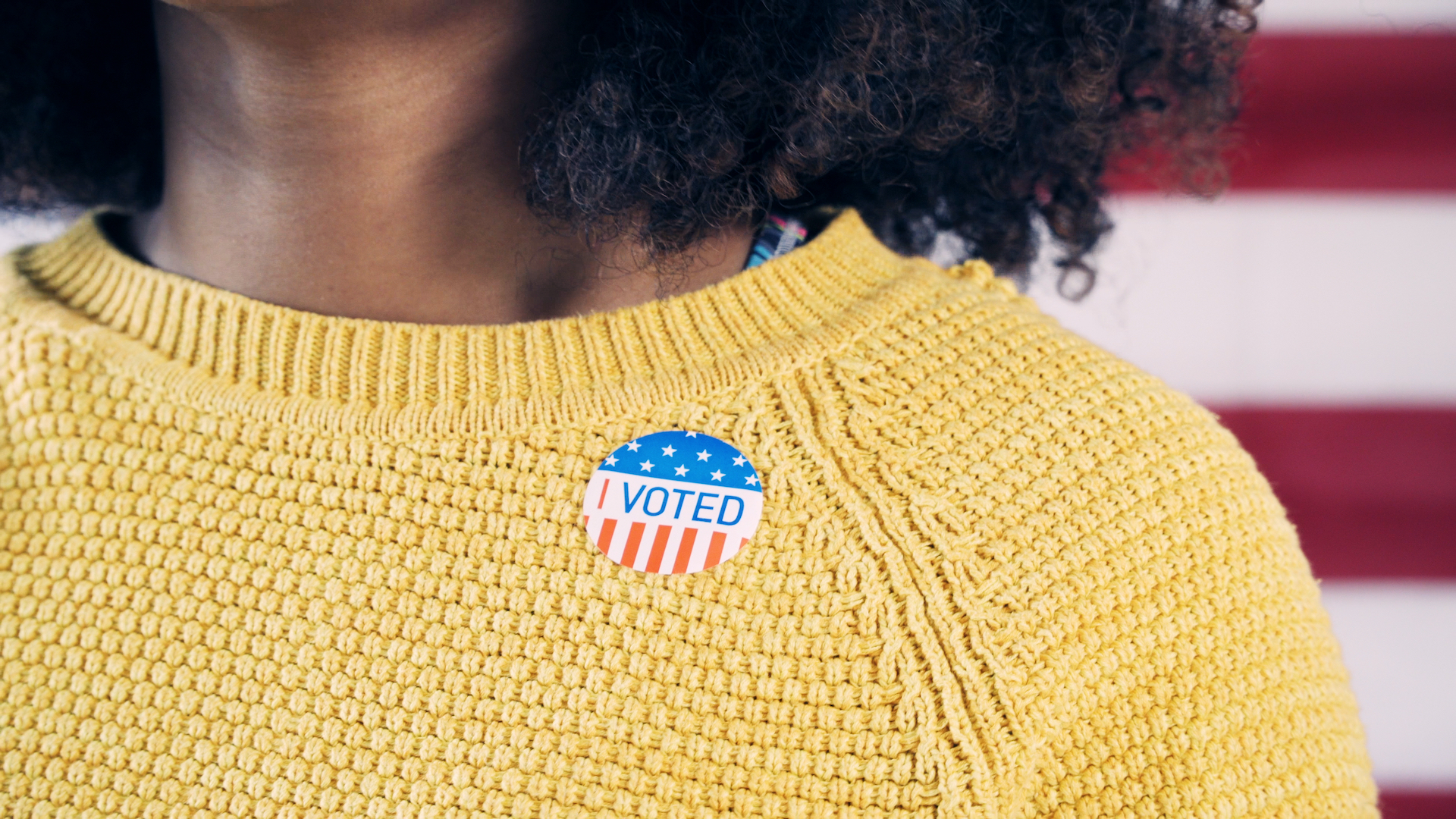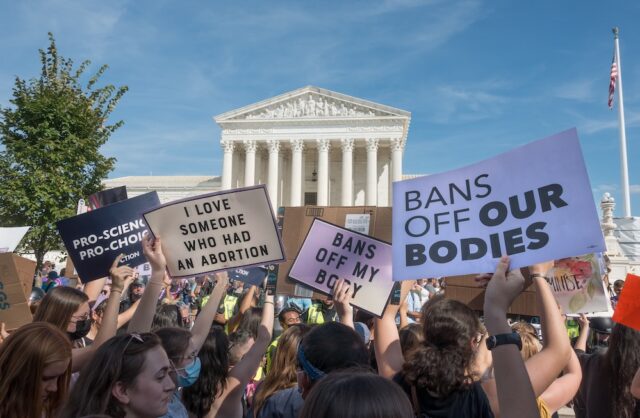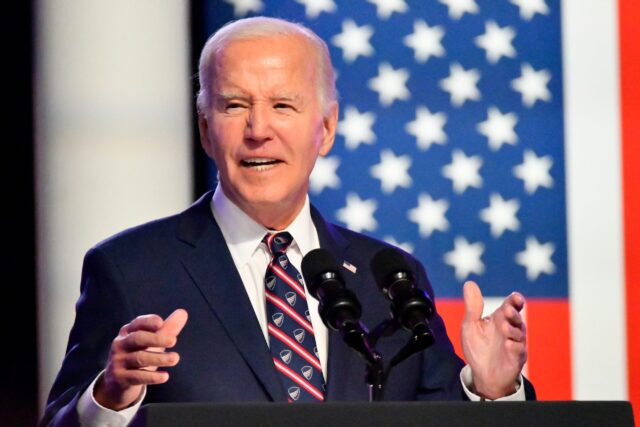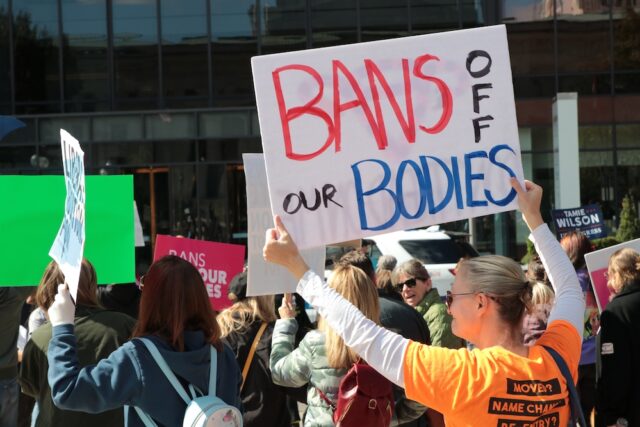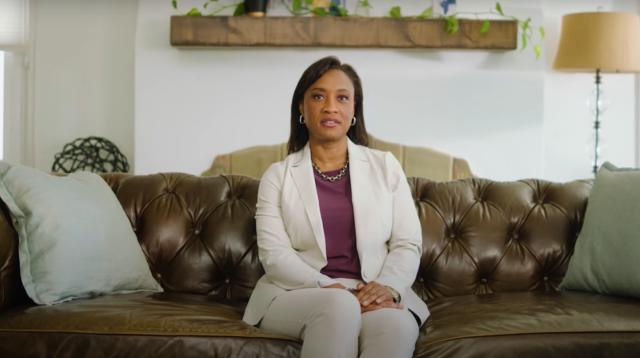Supreme Court to Hear New Case This Fall on State Legislatures’ Power in Federal Elections

After making the controversial ruling to overturn Roe v. Wade, the Supreme Court will review the case Moore v. Harper in the fall. The case’s ruling may change federal elections and American democracy by increasing the influence of state legislatures.
In February 2022, the North Carolina Supreme Court decided not to use the map of voting districts created by the Republican-controlled North Carolina legislature. However, according to the “independent state legislature” theory, only the legislature can regulate elections. The state court cannot interfere with this process. The North Carolina legislature wants the Supreme Court to examine this doctrine.
According to The New York Times, if the Supreme Court makes a ruling to support this doctrine, “Protections against partisan gerrymandering established through the state courts could essentially vanish.”
SCOTUS will hear a case next term reviewing a radical legal theory that could give state lawmakers more power to control elections, including the 2024 presidential election. We cannot overstate how HUGE of a threat this is to democracy.https://t.co/Oehd7t7ITY
— Democracy Docket (@DemocracyDocket) July 5, 2022
Meanwhile, UCLA Law professor, Rick Hasen stated that the “independent state legislature” theory would “alter the balance of power within states and provide a pathway to subvert elections results.”
#SCOTUS adds more kerosene to the fire for next term w the so-called “indp state legislature” theory. It could “alter the balance of power within states and provide a pathway to subvert elections results,” says election expert @rickhasen https://t.co/1QVjRnuUaG
— Nina Totenberg (@NinaTotenberg) June 30, 2022
According to the National Conference of State Legislatures, currently, Republicans control the legislature in 30 states. However, democrats only control 17 of them. If the “ISL” theory got supported by the Supreme Court, the election would be largely in favor of Republicans.
Furthermore, as we can find in Amy Howe’s report on SCOTUSblog, four justices might support the doctrine. Republican lawmakers first petitioned the Supreme Court in February to have the election maps they devised in North Carolina restored. Even though the ruling is not to restore the map they made, three justices dissented. Howe wrote, “Both the Alito dissent and a concurring opinion by Justice Brett Kavanaugh, however, called the ‘independent state legislature’ theory an important question.”
While we will have to wait to see what the ruling of this influential case will be, the ruling will definitely affect not only federal elections but could also alter American democracy.
Journalist | Instagram @immeradrian

